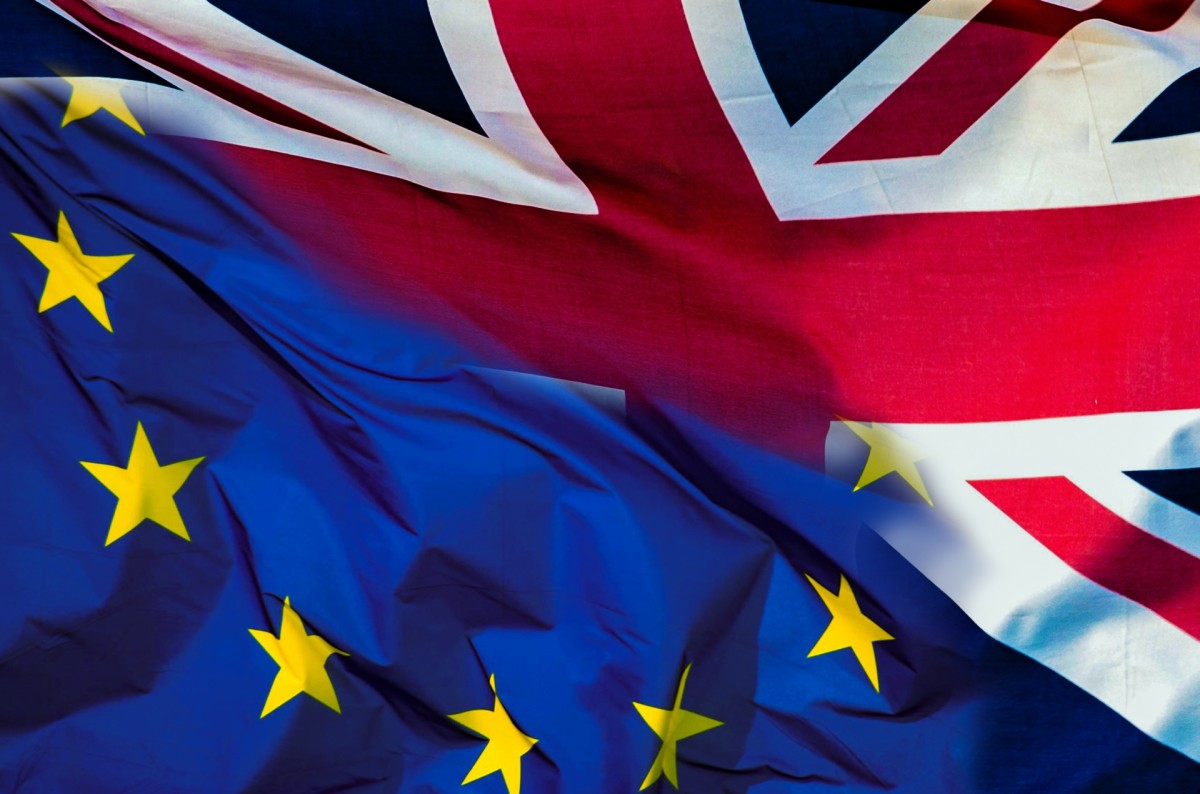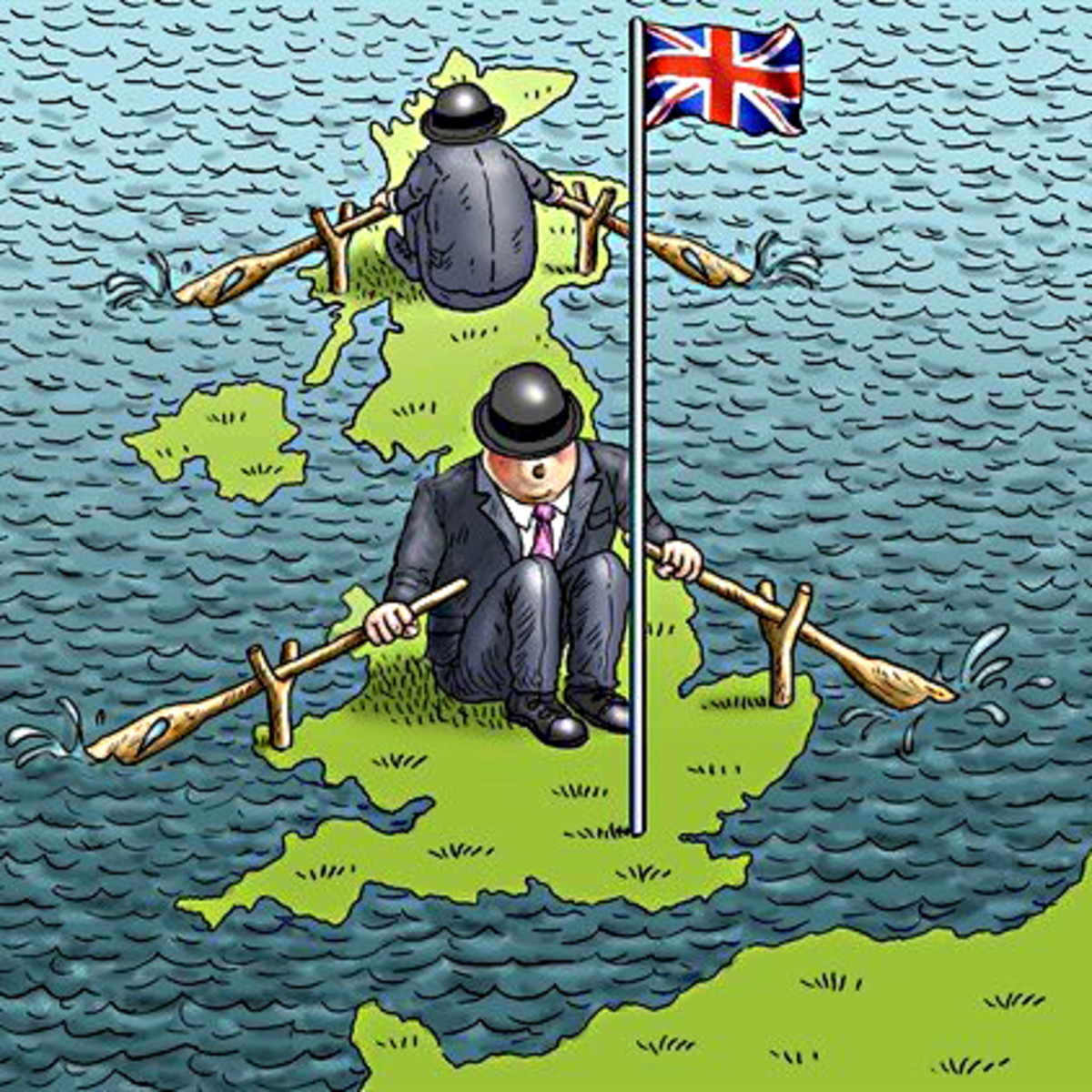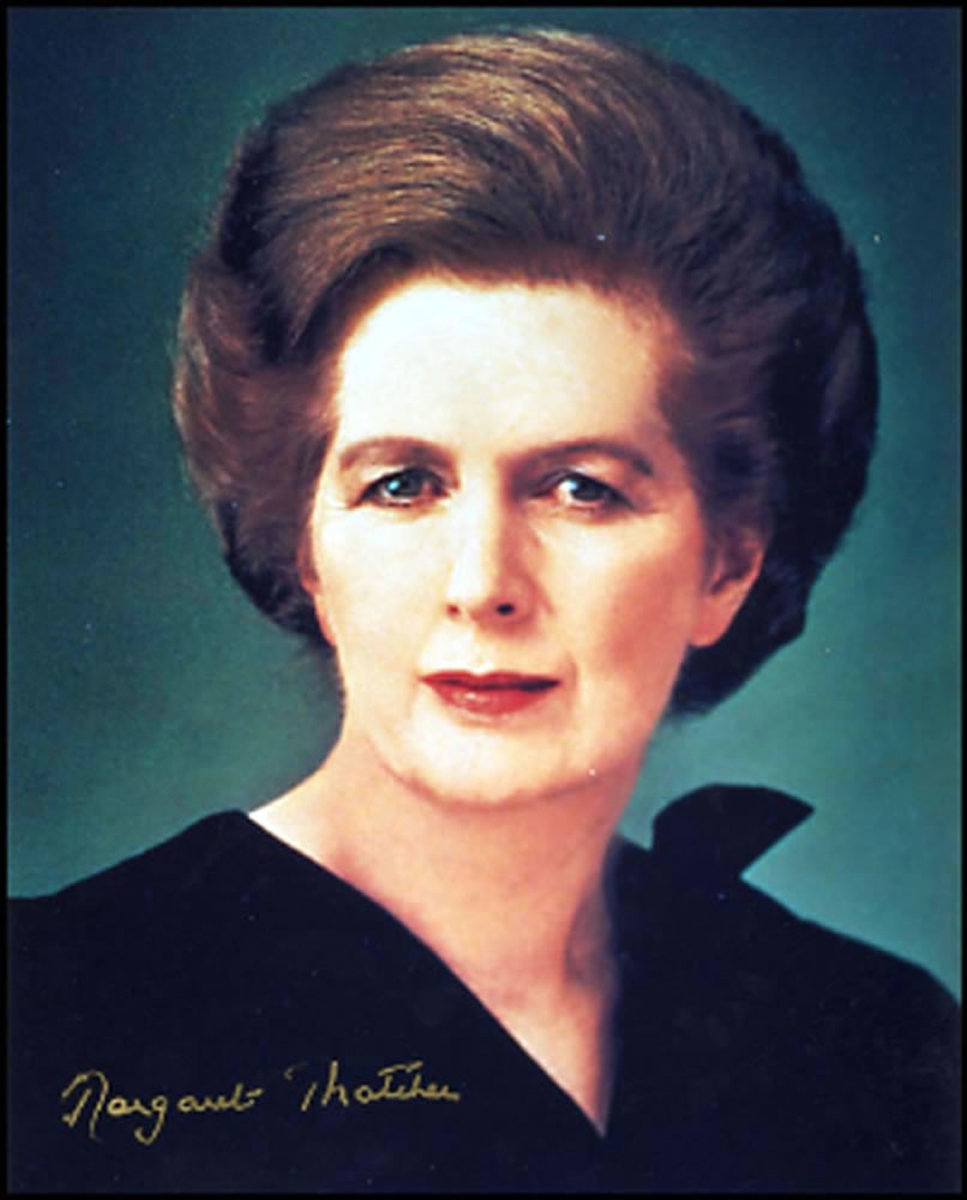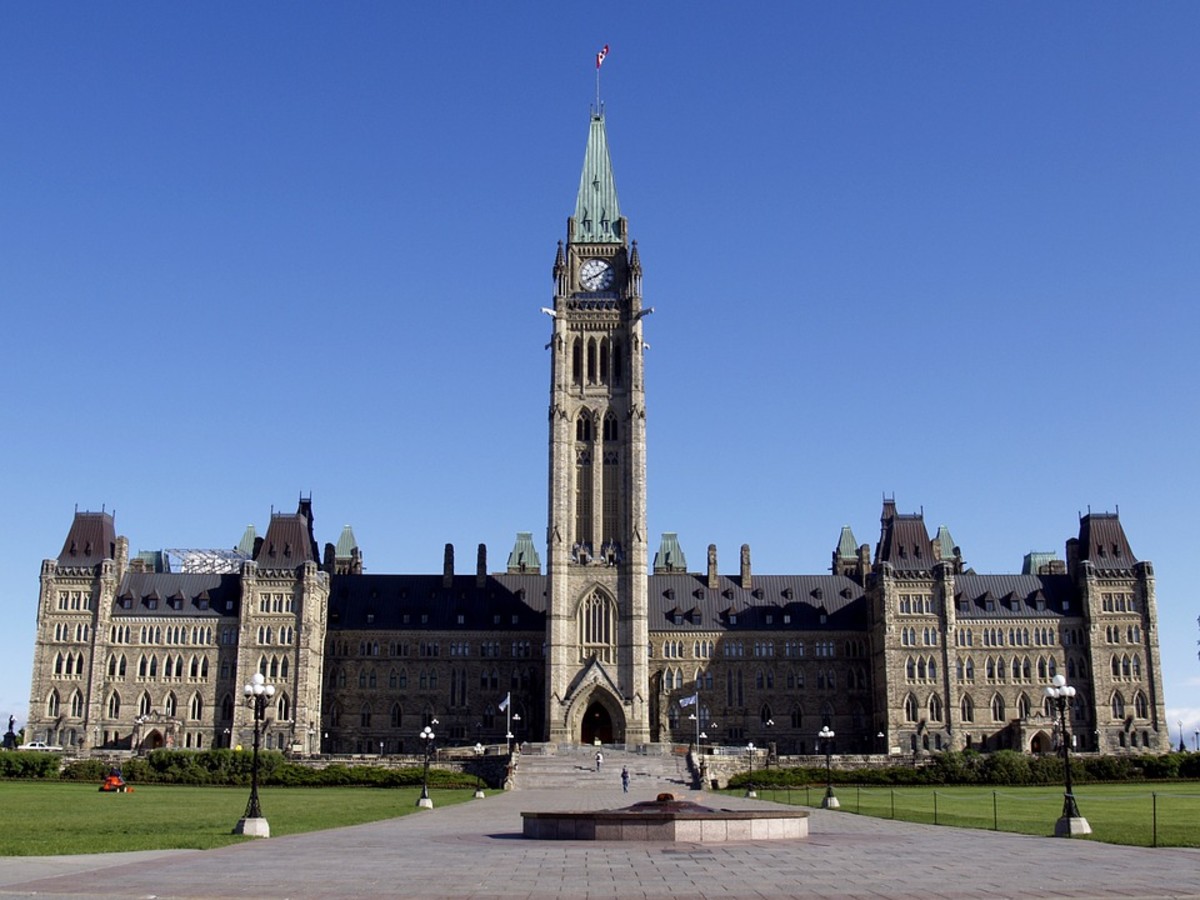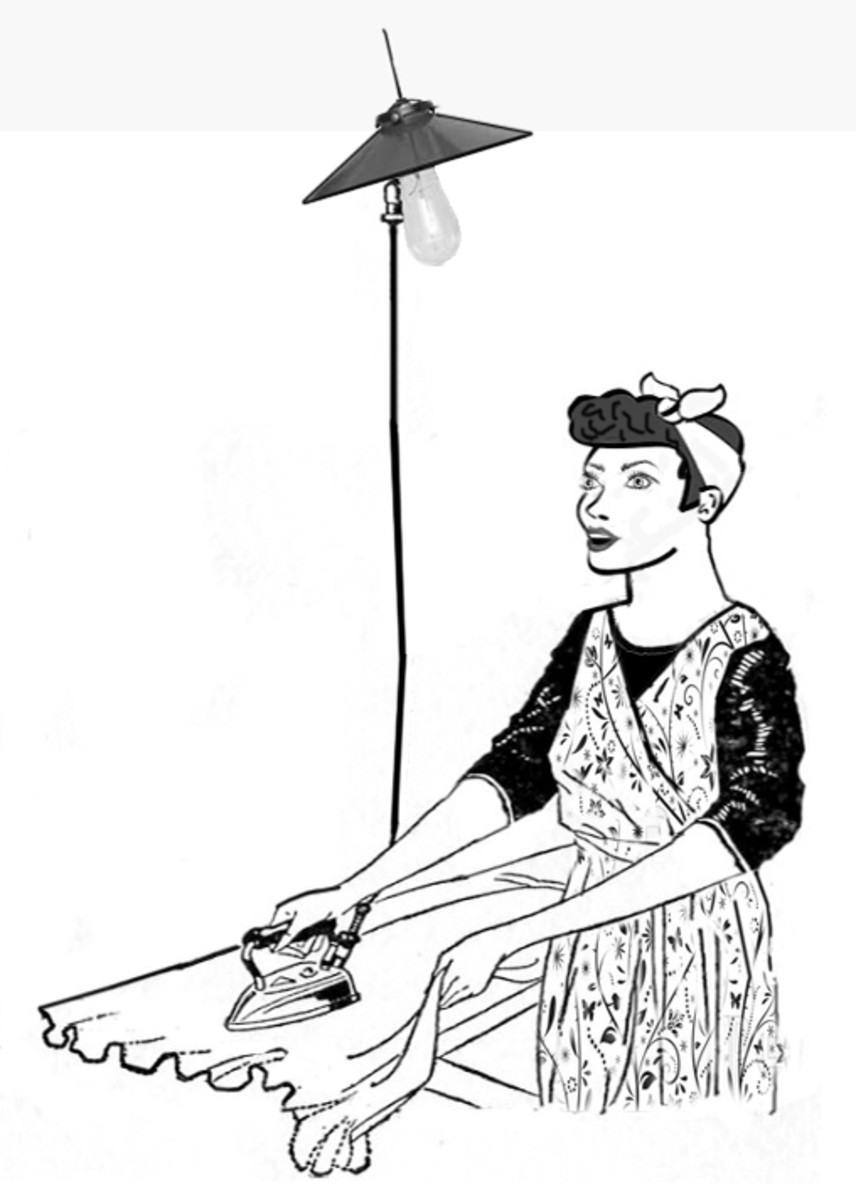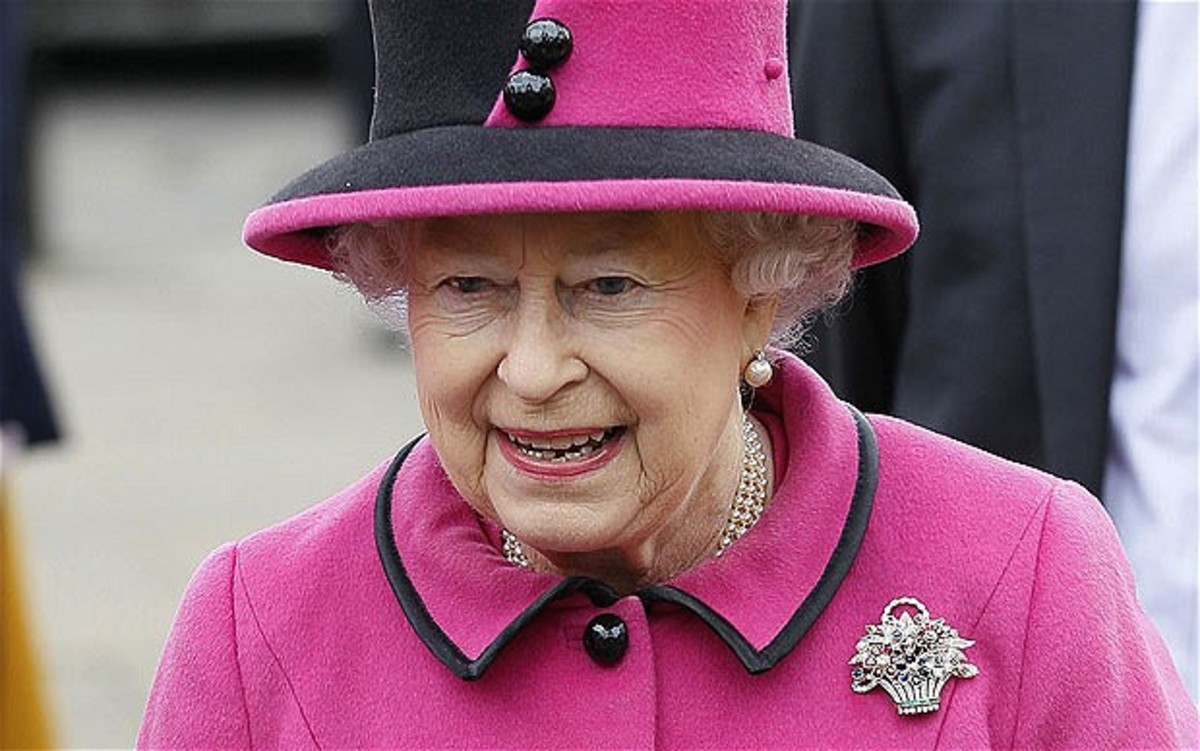Britain and the EU 2013
Buildings by the River Thames, London

The Conservatives' Old Trouble
Many people believe Britain’s future in the European Union in 2013 is uncertain, based on the noises coming out of Britain. David Cameron, the United Kingdom’s Prime Minister, recently made a long awaited, much cancelled speech on Europe. There is Euro-skepticism amongst the British public, but the noises from Britain have more to do with internal UK and Conservative party politics than with anything else.
In the United Kingdom, among voters there are many misconceptions about the European Union. This confuses British voters and British politicians further muddy these misconceptions when they deliberately muddle EU institutions with other organizations, and misrepresent the EU, when it suits their purpose to do so. For example, politicians and the British press constantly misrepresent The European Court of Human Rights as being connected with the European Union, when, in fact, the court is not part of the EU. It oversees the European Convention of Human Rights. The convention is completely separate from EU law, although EU law may follow the court’s judgments. The United Kingdom signed the convention long before its accession to the Common Market latterly the EU. The ECHR has no enforcement powers.
The European Court of Justice is the European Union Court ruling on cases involving EU treaties, and EU legislation. It has enforcement powers and can fine member states for non-compliance.
Politicians, the British press, retailers, and businesses often blame EU regulations for anything and everything. The Conservative party’s problems about Europe have existed for decades. Margaret Thatcher was profoundly Euro-skeptic. John Major’s government tore itself apart over Europe, and party divisions over the matter meant voters elected a Labour government in 1997 and did not trust the divided Conservative party enough to elect them to Government until 2010.
Among the voters, older voters those over 60, who remember life before Britain’s membership, first of the EEC, or as it was known in Britain, The Common Market, there is a nostalgia. People think that they remember a time when food and goods from Britain’s Commonwealth partners were much cheaper, and do not realize that those times will not return, even if Britain left the EU. Younger voters especially 18-34 year olds know Britain’s future lies within the EU. Voters between 34 and 60 think Britain is better in the EU than out. Voters in Britain are angry that when the “Common Market” became the European Union, UK politicians did not ask the British electorate for permission to take the country into the Union. The only time Politicians asked Britain’s voters to vote on Europe was in June 1975, when the Question asked was “Do you think The United Kingdom should stay in the European Community (The Common Market)? Some voters feel that the “information” leaflet sent to every household in the country, before the referendum, and the question asked at the referendum were ambiguous.
Now Britain’s government is a coalition government between the Conservative and the Liberal Democrat parties, because no party won an overall majority in the 2010 general election. The Labour party is in opposition. The Liberal Democrat party is pro-Europe, which is why David Cameron’s speech does not offer a referendum in this current Parliament. The speech offers a referendum, following renegotiation with European partners, in 2017, providing the Conservative Party can win an overall majority in the 2015 General Election, which is by no means likely.
political problems
There is a small and growing political party in Britain, which advocates leaving the European Union. This is the only right wing party, without the unacceptable racist attitudes peddled by other right wing parties. The United Kingdom Independence Party (UKIP) is now the only natural home for disenchanted Conservative voters. This fear of U.K.I.P and a gamble on healing divisions within the Conservative party is what drove David Cameron’s speech.
Many Conservatives do not understand that the regulations and red tape, of which they complain, is part of the European Single Market, not the European Union. Conservative politicians are, for example, telling voters that they can repatriate powers to Britain from the EU, and that they can stop Europeans moving to Britain, that the UK can withdraw from, what they term “unacceptable red tape” on UK businesses, and yet still remain part of the European Single Market. What they fail to understand is that free movement of goods and people, and common business regulations across Europe are part of the single market, rather than the EU. Conservatives also fail to understand that the world has changed and that Britain’s small voice would not count for much were she outside the EU.
The word “Federal” frightens Britons. Countries on the European mainland have always had to work together, and accommodate one another, because they are joined physically. Some European countries want ever-closer union and some want a United States of Europe. British people are islanders and have a different mentality, islanders have to be independent, and take the initiative if they are to trade with other nations, because of the physical barriers.
David Cameron isolated himself and his party in Europe, in several ways, since he entered office in 2010. Notoriously, by using Britain’s veto over the Franco – German plan to save the Euro, the UK was the sole voice against the 26 other member states His action was an empty gesture, because what he hoped to prevent will happen anyway. He has further isolated Britain with his antics over the EU budget.
Mr. Cameron would have been better to build alliances with those member states, which have particular misgivings on many of the matters that concern Britain. Britain has much in common with The Netherlands and Germany on some of her concerns such as the unwieldy and expensive working of the EU, the spiraling EU budget, and other matters. It is not Britain’s concerns that annoy other EU members, but the way Britain has gone about raising them. Mr. Cameron knows enough about the awkward squad in his own party to know that appeasing them is useless. He has taken a tremendous gamble, which may achieve only what he says he does not want, namely Britain’s departure from the European Union, and not what he does want, reform of the EU. All Mr. Cameron has done is to alienate other member states, who may very well decide to let Britain leave the EU.
The moves for closer union within the Euro zone do not give Britain the right to try to renegotiate the accession treaties for the UK’s membership of Europe. Yes, there will be need to clarify The UK’s standing in the EU, but Britain is not the only member state, who is outside the single currency. All EU members have to compromise and work together, for everyone’s good.
At one time, the British electorate would have voted to leave the EU. However, attitudes and demographics have changed, most voters today have seen and benefitted from the good that the EU brings, whether they live in a community, where EU money has helped regeneration, or they have travelled to, or lived and worked in other EU countries. The 2017 referendum result is far more likely to be a “Yes” majority.
In 2010, the Conservatives did not win an overall majority, and went into coalition government with the Liberal Democrat party. They may not win the 2015 General Election, or if they do, they may not win an overall majority. If they were to form a minority government, it is unlikely that they would get the legislation to hold the referendum through Parliament, since the Labour Party, the Liberal Democrats, the Green Party and others are pro-Europe.
Britain’s future in the European Union in 2013 is unclear. Britain may be sleepwalking towards the exit. Internal Conservative divisions, Conservative fears of UKIP splitting their vote, the British public’s anger, with its politicians, have all contributed to this uncertainty and Mr. Cameron’s gamble in trying to appease the Conservative “awkward squad”, to heal internal divisions within his own party, may backfire. Mr. Cameron may have to rely on the British electorate’s common sense to know where Britain’s interests lay.


